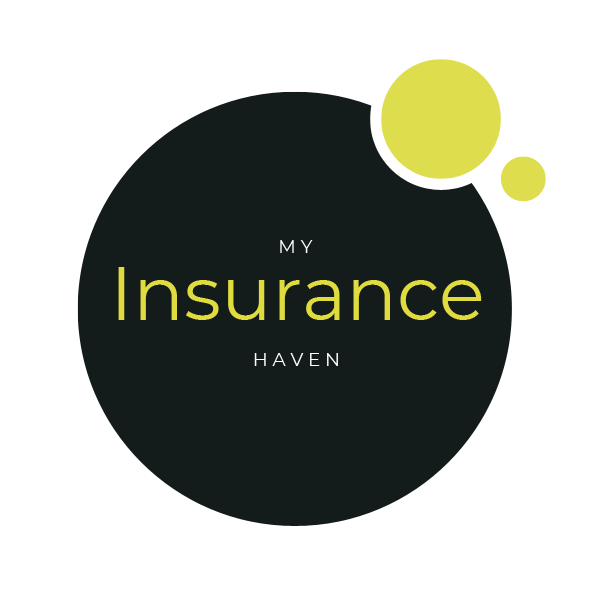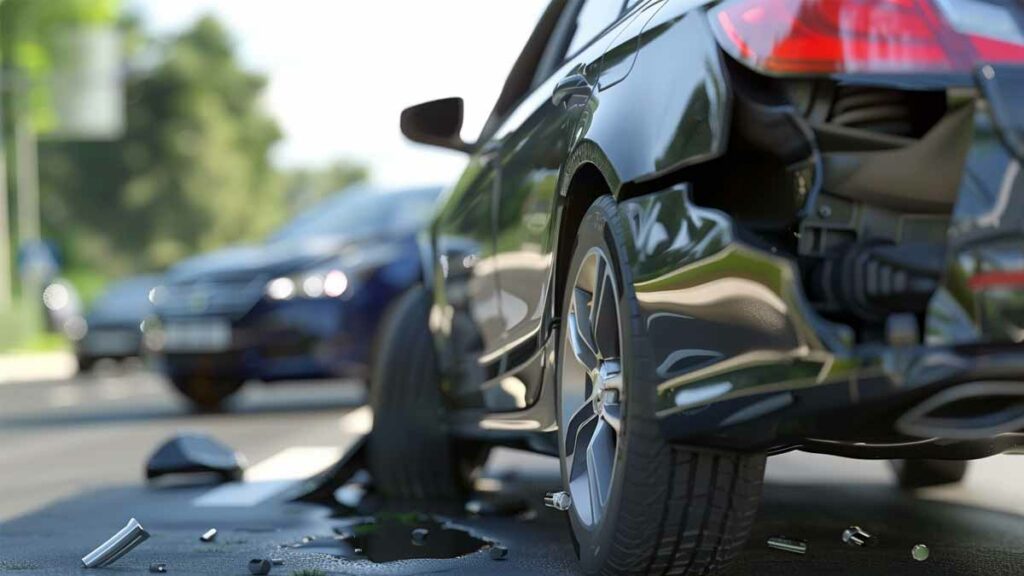Navigating insurance claims after a car accident can feel overwhelming. There are so many factors to consider when deciding what to do with your claim check. The regulations, obligations, and financial implications all need careful thought.
Your insurance company provides the check to help cover costs from the crash. They generally want the money used for repairs or other accident-related expenses. Following these guidelines helps the claims process go smoothly.
Sometimes checks have multiple names. For example, with your repair shop listed too. Insurers do this to ensure the money is truly used to get your car back in safe, road-worthy condition.
Every state has different rules about how insurers give out money. Knowing your state’s laws is key. They can impact things like who exactly the check is made out to, or if shops are involved. With this knowledge, you can plan the best way to handle funds.
This guide offers insight into all the intricacies to consider. Whether it’s managing dual-party checks, maximizing your payout, or fulfilling legal requirements, these tips provide understanding. Facing car insurance claims after an accident can feel daunting. But with comprehension of regulations and wise financial decisions, you can get through it. The journey might seem long, but staying informed every step of the way helps ensure you’re supported in getting back on track.
Key Things to Think About
It’s important to understand your options before deciding what to do with your claim check. There may be consequences to consider.
Things like who owns the car, who the check is written out to, and state laws can impact if you can cash the check without getting repairs.
Before making a choice, think about what might happen if you don’t use the money for repairs. Will it cause issues with your insurance down the road? Could you get in legal trouble?
Figuring Out Your Choices
When the claim check arrives, you may wonder if you have to get your car fixed or if you can keep the money. You need to explore your different possibilities.
Things like if you own the car outright, who the check is made out to, and rules in your state influence what you can do.
It’s wise to think through what may happen later on if you don’t fix your car. Will your rates go up? Could you get denied coverage in an accident? The consequences are worth considering closely.
Who Can Cash a Check?
Whether you can deposit the money yourself depends on a few things. If you have a loan on your car, the lender may need to sign off since they have a stake in it.
Who the check is written out to is also key – if it’s made to you, a shop, or your lender. Each affects how the funds can be handled.
State laws also play a role. Some states require payment go to repair shops directly. So be sure to check the regulations where you live.
Taking the time to carefully examine your specific situation can help you make the choice that’s right for you and your future.
Using Your Claim Payout
Car insurance companies usually say you have to use the claim check for certain things like repairs, medical bills, or other expenses from the crash. This helps ensure the money goes where it’s needed most to take care of what happened. If you follow the rules, your claims process will go smoother and you’ll know the financial help is being used properly.
Sometimes the check has more than one name on it. For example, your repair shop may be included too. Insurers do this to double check the funds really get used to fully fix your car. With both you and the shop involved, they can prevent any misuse of the money and make sure your vehicle is restored safely and completely.
It’s also important to understand your state’s specific laws about insurance payouts. This will help you figure out the best way to handle the check. Rules vary a lot among states regarding how insurers give out claims cash and what it must be spent on. Learning what your state says can support wise choices for managing and allocating the funds from your claim check in the right way.
Dealing with Checks with Multiple Names
Checks that list two parties are common when filing car insurance claims. Known as two-party checks, they help make sure the money given for repairs is really used properly.
Often these checks have both your name and your repair shop’s name. By signing them, you agree to only use the funds for the repairs outlined in your claim. This guarantees the work gets done to fully fix your vehicle back to how it was before the crash.
Some insurance companies demand that if they make the check out to you and a shop, you have to let that shop do the repairs. It helps ensure qualified professionals do the job right to safely restore your car. Sticking to the rules on two-party checks keeps the repair process following the insurer’s guidelines.
At times, the check names the policyholder along with a lienholder like a bank. Both might need to sign off before cashing it. Insurers do this to make certain all involved parties agree on how the claim money gets handled. With all needed signatures, you can proceed with repairs or other approved uses feeling confident everyone is on the same page. Working through any multi-name checks takes cooperation but keeps the process moving forward.
Getting the Most from Your Claim Check
Sometimes the check is more than what repairs cost. If allowed by your insurance company, you may be able to keep this extra money. You can use it to help pay for other expenses from the crash. By managing the surplus funds well, it can aid in handling costs or strengthen your financial situation after such a stressful event.
Insurers often need proof that repairs were completed before releasing the full claim amount. This ensures the money truly went where intended – fixing your car or covering other costs from the accident. By giving your insurer what they request as evidence, you can smoothly complete the claims process and access all of the funds more quickly.
There are smart ways to maximize how helpful the payout can be. Consider using some to build an emergency savings or pay down high-interest debt. Distributing the money thoughtfully strengthens your financial resilience and takes care of any bills still hanging over you after the accident. Whether setting some aside for the future or lowering your monthly payments, utilizing the check fully can benefit your mental health and wallet long-term. With a little planning, it supports getting fully back on your feet again.
Different Rules in Each State
The laws governing insurance payouts vary widely between states. Each location has its own regulations for how claims are handled.
For example, some states allow insurers to send money directly to the person with the policy. This lets them choose what to spend it on. Elsewhere, rules say checks must list certain parties like repair shops or loan providers.
It’s crucial to understand the specific laws for your state. Talking to your insurance agent provides clarity on following local requirements and utilizing funds correctly. Their insight ensures everything stays compliant.
Bottom Line
To wrap up, successfully managing car insurance claim checks involves truly comprehending several layered things. Policyholders must consider state laws, multi-name checks, and repair duties – all of which can differ in each situation.
It’s key for people to know their options and roles when getting a payout. Using funds appropriately, whether for fixes, loans, or other costs, means following insurance rules but still getting full help.
Making choices with your eyes open to intricacies is important. Only with full awareness of important specifics like what’s allowed, loan details, or estimate parameters, can people ensure smart handling of claim money.
The system wasn’t designed for simplicity. But taking the time to gain a well-rounded understanding supports maximizing aid while keeping finances compliant and stable. Navigating insurance claims takes effort but also opens doors to smoothly dealing with crash aftermath when done right.
FAQ’s
Can I spend less on repairs than my payout?
Many factors affect this. Estimates from insurers usually determine payout amounts as a guide. Plus, any loan on the car may impact repair expectations. Following policy details and agreements is key.
What is a two-party insurance check?
A two-party check names multiple recipients, often the policyholder and another entity. This adds oversight. Common examples partner you with a shop or lender. Insurers do this to safely direct money exactly where it’s needed for repairs or other claim expenses. The dual recipients support transparency.
Do I Have to Use the Claim Check for Repairs?
If you have a loan or lease for your car, this often affects how you can handle the claim money. The check may list both you and your loan provider since you both have stakes in insuring the vehicle is fixed. This makes sure funds go to necessary repairs.
However, minor cosmetic damage may give more flexibility. As long as safety and function aren’t impacted, you may have some say over the cash. But major damage usually requires fixing the car as intended.
What Happens if My Car is Totaled?
When repairs would cost more than the car is worth, it’s called being totaled. Then the check covers the car’s value before the crash.
But loan obligations still must be addressed. So the money may pay off your car debt first if there is an outstanding amount. Everything gets settled comprehensively for a fair resolution.
How Much Do Rates Increase After a Claim?
Rate hikes depend on several factors, especially fault. Being at-fault greatly increases your premiums in most cases. Not being the cause lessens that risk somewhat.
Choosing accident forgiveness coverage beforehand is smart. This type of add-on safeguards you from pricey increases since accident rates won’t change due to a claim. It provides reassuring protection during stressful times after a collision.

